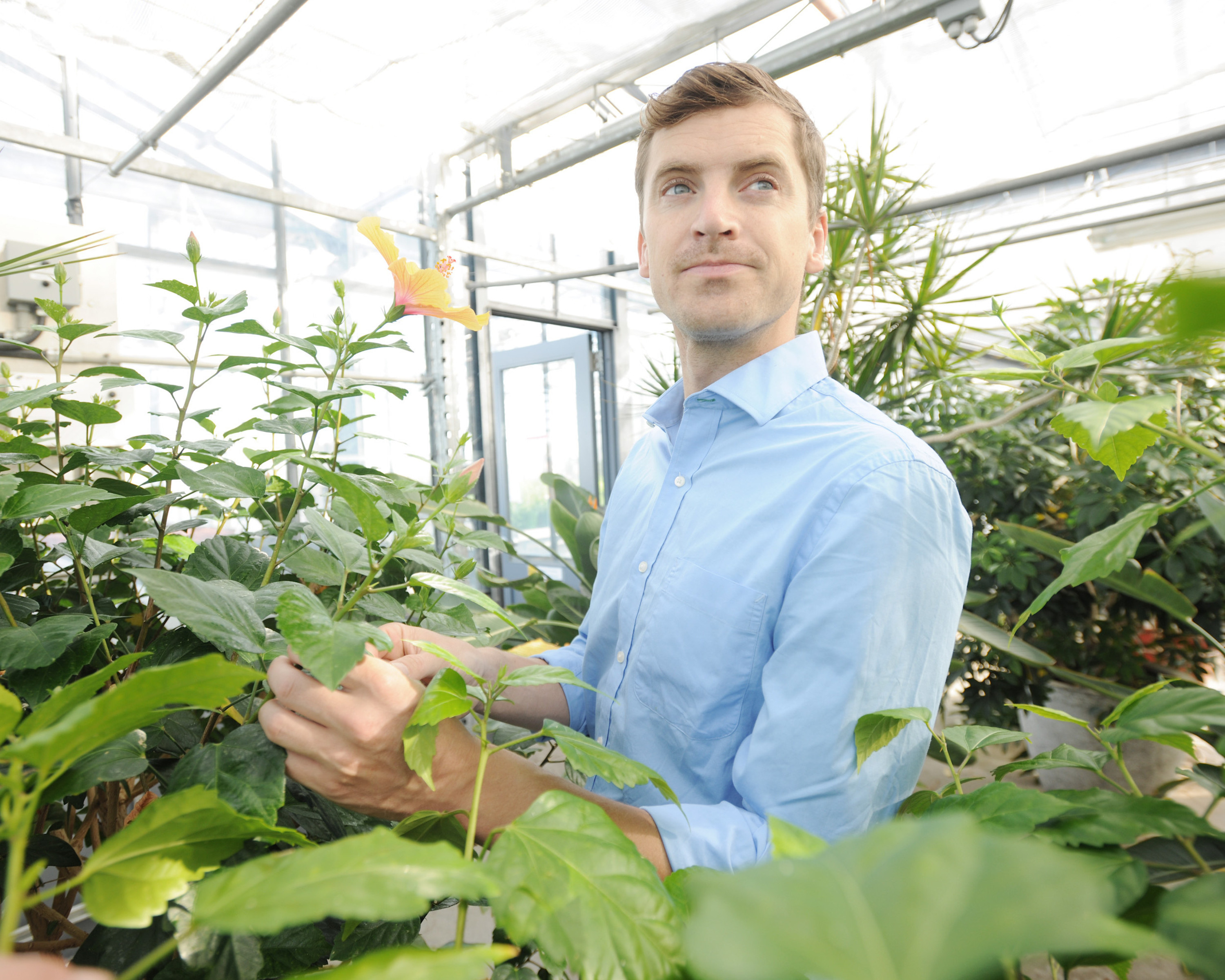The biodiversity crisis is alarming, with the future of many animal species and habitats at risk. Derek Tittensor, a Dalhousie adjunct biology professor and senior marine biodiversity scientist with the United Nations Programme World Conservation Monitoring Centre, led a worldwide study concluding more investment is needed to manage declining biodiversity. The study was published in Science today.
Key Points:
Biodiversity supports ecosystems ā all life that currently exists on the planet. In 2010, 193 nations agreed upon 20 biodiversity goals to achieve by 2020. Determined by the Council on Biological Diversity and experts from all over the world, these goals were named the Aichi Biodiversity Targets. They represent the largest international commitment towards preserving biodiversity.
Researchers from all over the world gathered and analyzed available data on a wide variety of biodiversity measures: species counts, protected areas, habitat loss, forestry and fishery policies and more.
A team of 51 experts from over 30 institutions, led by Dalās Derek Tittensor, has determined that despite increasing management efforts and investment in biodiversity since 2010, it is unlikely that the state of biodiversity will improve by 2020 and many of the targets will not be met.
On certain targets, the global community is making substantial progress. These include more certification schemes for forests and fisheries, and better management of these particular resources in many parts of the world. Thereās also greater public awareness of and government investment in biodiversity and measures to improve and protect it. But pressures on biodiversity ā from consumption of natural resources to habitat loss āappear to be outstripping efforts to protect it.
The findings of this research will be incorporated into the Global Biodiversity Outlook (GBO), a publication of the Convention on Biological Diversity (a global treaty) to determine conservation and sustainable use of biodiversity for the global community.
Pull Quotes:
āThe Aichi Biodiversity Targets represent one of the most prominent and substantial international commitments towards preserving biodiversity.ā Derek Tittensor, Lead Author and Senior Marine Biodiversity Scientist at UNEP World Conservation Monitoring Centre, Adjunct Professor at pilipiliĀž».
āOne is we simply havenāt invested enough, that it will take a lot more resources āfinancial, managerial, politicalāto turn this around. Another possibility is thereās a time lag: it may be 20, 30, 40 years until we really start to see the effects of these investments weāve made.ā Derek Tittensor, Lead Author and Senior Marine Biodiversity Scientist at UNEP World Conservation Monitoring Centre, Adjunct Professor at pilipiliĀž».
āIf ecosystems underpin life on this planetāthey provide food, water filtration, and so-onāitās biodiversity that underpins ecosystems. Understanding and measuring biodiversity enables us to predict and project how ecosystems will change into the future and, from there, the effect this might have on human life.ā Derek Tittensor, Lead Author and Senior Marine Biodiversity Scientist at UNEP World Conservation Monitoring Centre, Adjunct Professor at pilipiliĀž».
āEfforts to respond to the crises will continue to increase but there will also be more pressures and more declines to consider. This study is only a prediction of the future and there is still time to focus our efforts and make the decisions that lead to better choices and investment.ā Matt Walpole, Co-Author and Director of Programmes (Science, Economics, Policy and Partnerships), UNEP World Conservation Monitoring Centre.
Images:
 |
Derek Tittensor Adjunt Professor, pilipiliĀž». Photo Credit: Danny Abriel Download Hi-Res image |
 |
Derek Tittensor Adjunct Professor, pilipiliĀž». Photo Credit: Danny Abriel Download Hi-Res image |
Resource Links:
Dalhousie Links:
Contacts:
- Nicole LeBlanc, Communications Officer ā Faculty of Science: +1 (902) 494-8443, nicole.leblanc@dal.ca
Ģż
Recent News
- pilipiliĀž» launches Call for Participation in the Subsurface Energy R&D Investment Program
- Two Expert Interview Opportunities on Dalhousieās Computational Social Science Symposium and the Impacts of AI on Society, Culture and Research
- Media release: Canadian researchers discover scorching cloud of gas between clusters of galaxies that is five times hotter than current models predict, highlighting gaps in our models of galaxy cluster formation
- Media opportunity: Making friends with guilt: pilipiliĀž» author argues the painful emotion can be harnessed for good and should be embraced
- Media opportunity: pilipiliĀž» researchers discover seasonal shifts in vitamin abundance in the ocean and hints that climate change could reduce the nutrition levels of the seafood we eat
- Media release: Canadian researchers capture rare video of killer whales and dolphins working together to forage salmon, suggesting the two species have forged a coāoperative relationship
- Global Aid Cuts Put Millions at Risk: Dr. Robert Huish Available for Expert Commentary
- Media opportunity: pilipiliĀž» research tracks drop in fatal opioid overdoses in Nova Scotia early in pandemic, followed by steady increase in deaths linked to illicit drugs
